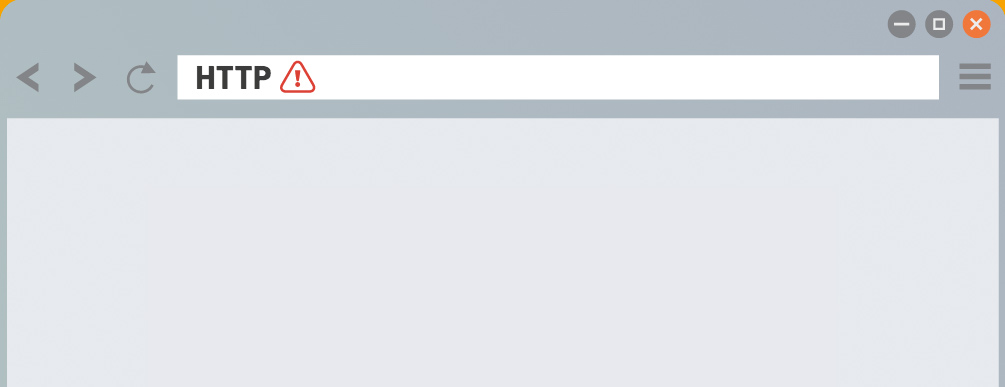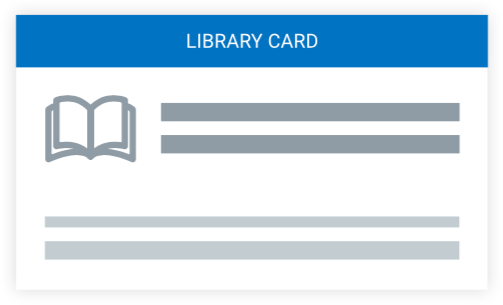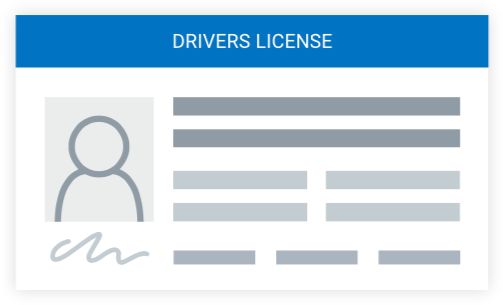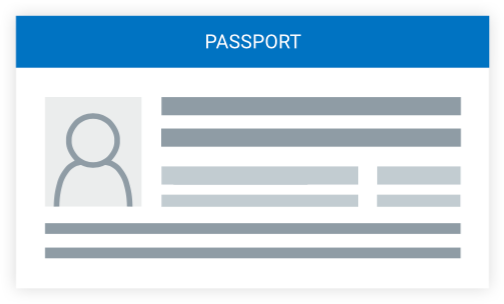¿Qué es un certificado SSL?
Los certificados SSL permiten el cifrado de datos en Internet y permiten que los datos se transmitan de forma segura desde un servidor web a un navegador. Con el SSL, su sitio web puede utilizar el protocolo https y mostrará un candado en los navegadores web de los usuarios finales para indicar que la conexión es segura.
¿Por qué necesito un certificado SSL?
Los certificados SSL son una parte esencial de Internet. No solo cifran la comunicación entre su computadora y el servidor donde se encuentra un sitio web, sino que también verifican que un sitio es lo que dice ser.
¿Cuáles son los diferentes tipos de SSL?
Hay 3 niveles diferentes de verificación en los que se basan los certificados SSL. Validación por dominio (DV), validación por organización (OV) y validación extendida (EV). La principal diferencia entre los tipos de certificado se refiere a la información que la autoridad de certificación, RapidSSL, GeoTrust y DigiCert, requiere y valida para emitir un certificado. Los niveles superiores de certificado requieren más información y, con frecuencia, se muestran en la barra del navegador. El SSL EV, por ejemplo, hace que la barra del navegador se ponga verde y muestra el nombre de la organización a los visitantes para generar más confianza.
Qué es un certificado SSL Wildcard
Un certificado SSL Wildcard proporciona las mismas funciones de cifrado y autenticación que otros certificados SSL, pero también se puede aplicar a un número ilimitado de subdominios de un sitio web. Un certificado SSL Wildcard admite el dominio raíz (example.com) y sus subdominios. Saber más
¿Cuáles son las ventajas de un certificado SSL EV?
Los certificados EV o de validación extendida son la clase más alta de SSL disponible y brindan la mayor credibilidad y confianza a su sitio web. Los vehículos eléctricos garantizan a los consumidores que su información personal y financiera está protegida con los niveles más altos de autenticación. Se realizan verificaciones adicionales, como la verificación de los registros de las agencias corporativas, la información de contacto del solicitante y si la empresa existe desde hace un mínimo de 3 años. Los certificados EV son los más adecuados para las páginas web críticas para la empresa.





 Las páginas web que no se publican mediante HTTPS ahora se muestran como «no seguras» en Google Chrome y Mozilla Firefox. No dejes que tu sitio web sea uno de ellos. Añade SSL hoy mismo.
Las páginas web que no se publican mediante HTTPS ahora se muestran como «no seguras» en Google Chrome y Mozilla Firefox. No dejes que tu sitio web sea uno de ellos. Añade SSL hoy mismo.






